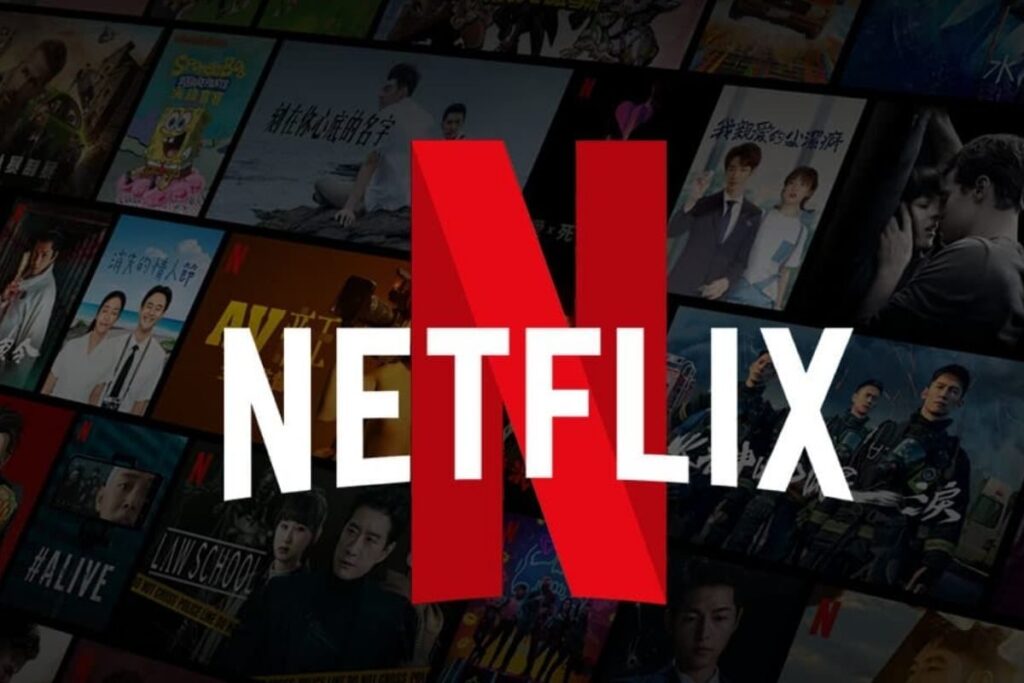In this digital age, Netflix has emerged as a prominent player in the entertainment industry. As a leading streaming platform, it has revolutionized the way we consume content. This article delves into the advantages and disadvantages of Netflix, shedding light on its impact in the modern era.
Understanding Netflix’s Dominance in the Streaming Industry
Netflix has carved a niche for itself in the streaming industry by offering a vast library of movies, TV shows, documentaries, and original content. Its user-friendly interface and personalized recommendations make it a go-to platform for millions of subscribers worldwide. However, despite its popularity, Netflix also faces some criticism and drawbacks.
Pros of Netflix in the Modern Era
- Diverse Content Library: Netflix boasts an extensive collection of content from various genres, catering to a wide range of audience preferences. From gripping dramas and thrilling action to informative documentaries and captivating documentaries, there’s something for everyone.
- Original Programming: Netflix’s investment in original programming has resulted in critically acclaimed shows and movies that are exclusive to the platform. This has attracted top talent from the entertainment industry, leading to groundbreaking storytelling and unique viewing experiences.
- Convenience and Flexibility: One of the biggest advantages of Netflix is its convenience. Subscribers can access the platform from various devices, such as smartphones, tablets, smart TVs, and laptops. Furthermore, users have the freedom to watch content at their own pace, without being tied to broadcast schedules.
- Ad-Free Experience: Unlike traditional television, Netflix provides an ad-free viewing experience. This allows viewers to immerse themselves fully in the content without interruptions, enhancing their overall enjoyment.
Cons of Netflix in the Modern Era
- Cost of Subscription: While Netflix offers various subscription plans, the cost can be a deterrent for some individuals, particularly in regions with limited disposable income. This restricts access to those who cannot afford a subscription, potentially widening the digital divide.
- Content Rotations and Licensing Agreements: Due to licensing agreements with content creators, Netflix’s library is subject to rotations. This means that certain shows or movies may become unavailable, disappointing viewers who were invested in those titles.
- Dependence on Internet Connectivity: Streaming platforms heavily rely on stable Internet connections. In areas with poor connectivity or limited access to high-speed internet, users may encounter buffering issues or struggle to stream content seamlessly.
- Lack of Live Content: Unlike traditional television, Netflix does not offer live broadcasts or real-time events, such as sports matches or news updates. This can be a drawback for individuals who rely on live content for their entertainment needs.
Conclusion: The Role of Netflix in the Modern Era
Netflix has undeniably revolutionized the entertainment landscape, offering a wide array of content choices, convenience, and original programming. However, it’s essential to consider the drawbacks, such as subscription costs, content rotations, and reliance on internet connectivity. By weighing the pros and cons, viewers can make informed decisions about their streaming choices in the modern era.
In conclusion, Netflix has undoubtedly become a dominant force in the streaming industry, shaping the way we consume entertainment in the modern era. Its vast content library, convenience, and original programming continue to attract millions of subscribers worldwide.
However, it’s crucial to recognize the limitations and drawbacks associated with the platform. By understanding both the pros and cons, individuals can make well-informed decisions when it comes to their entertainment choices in the digital age.

